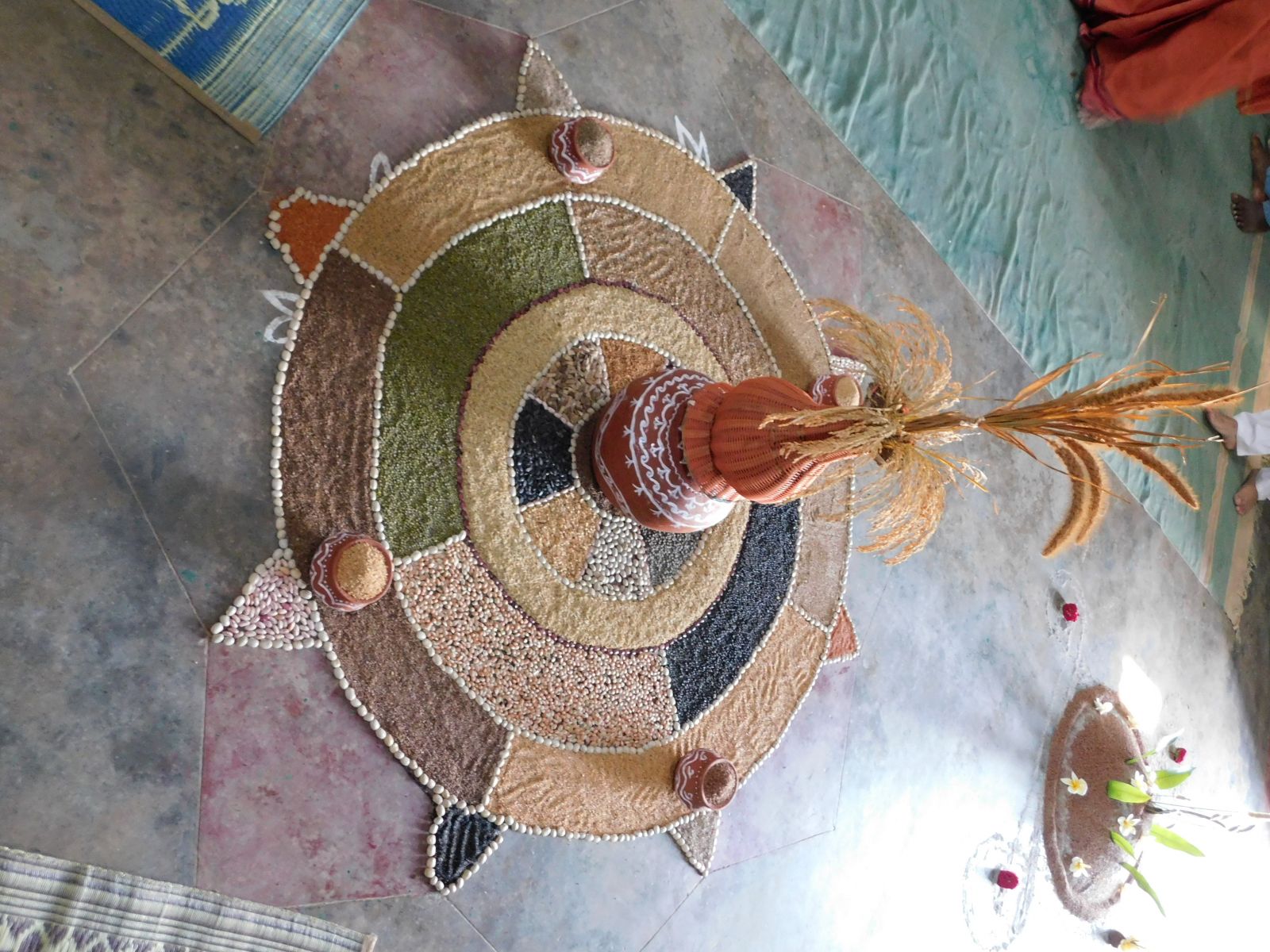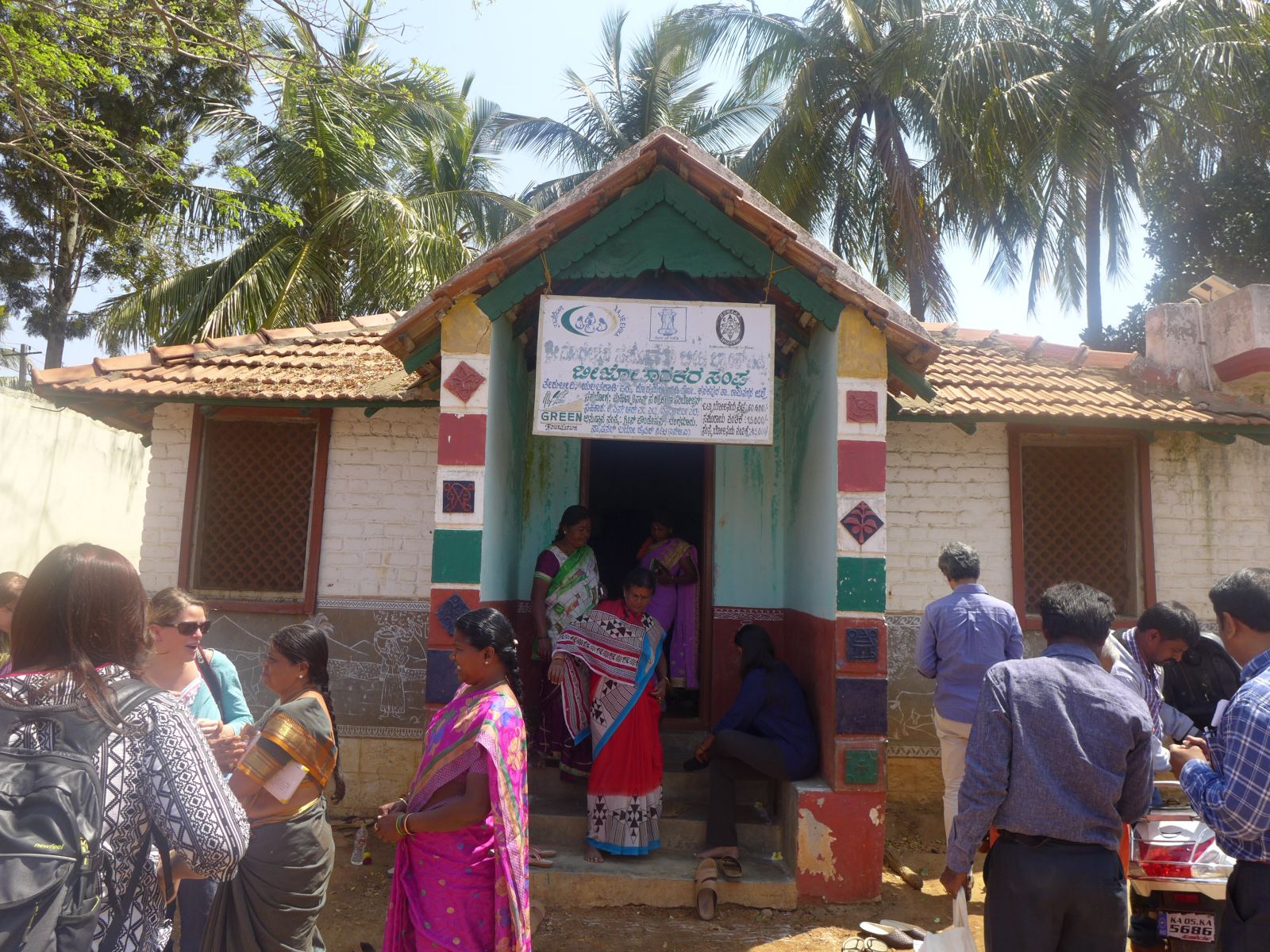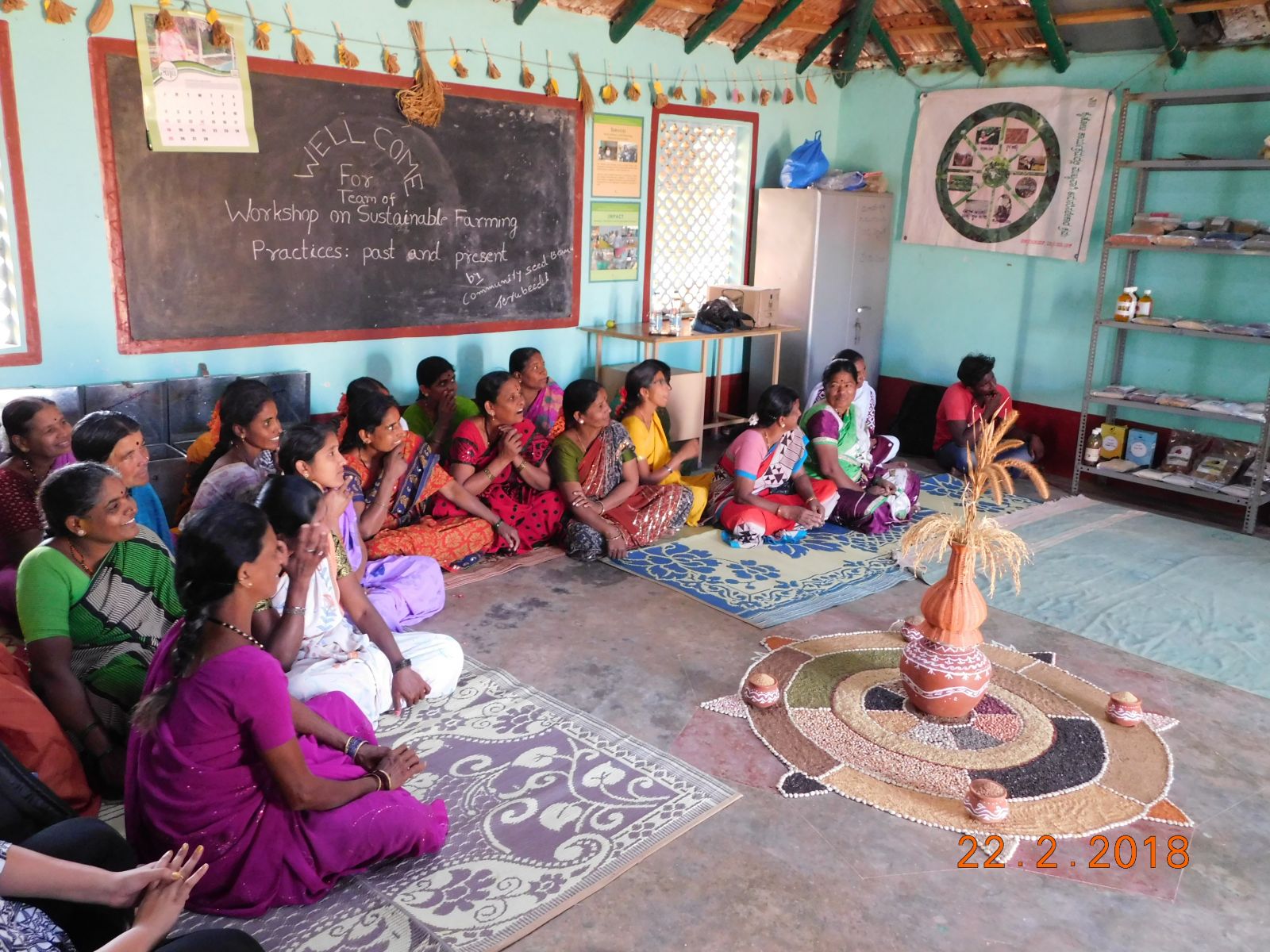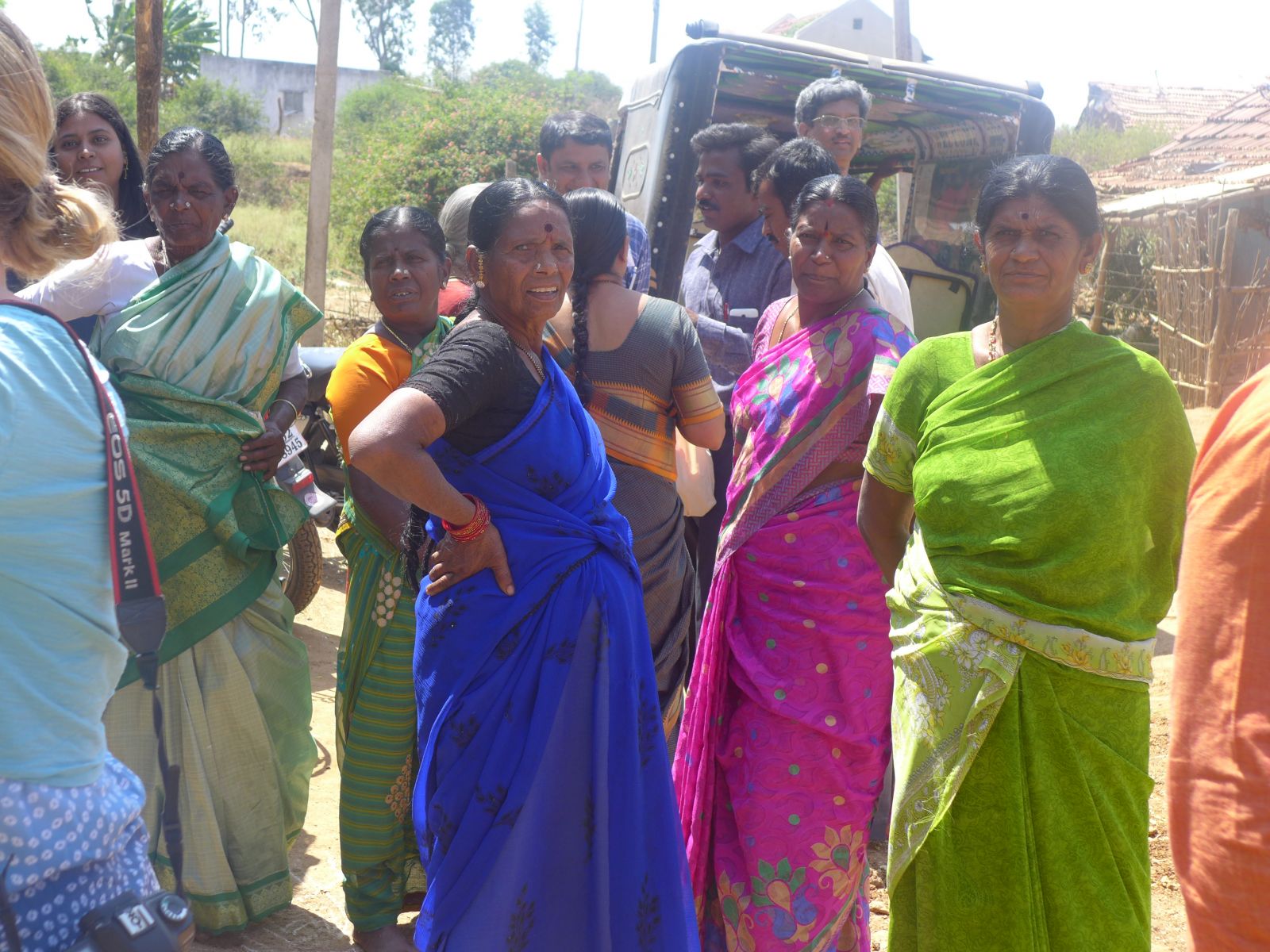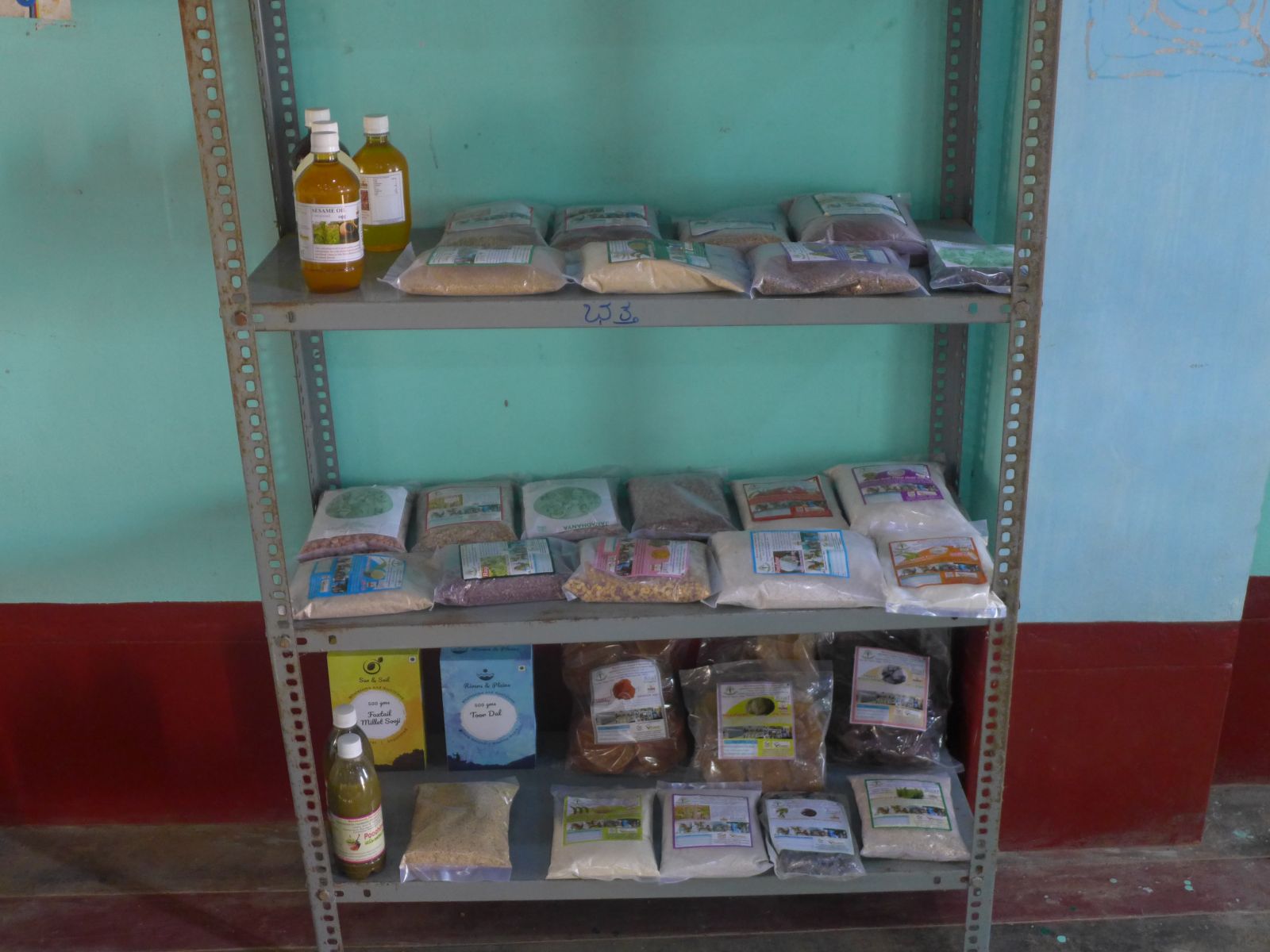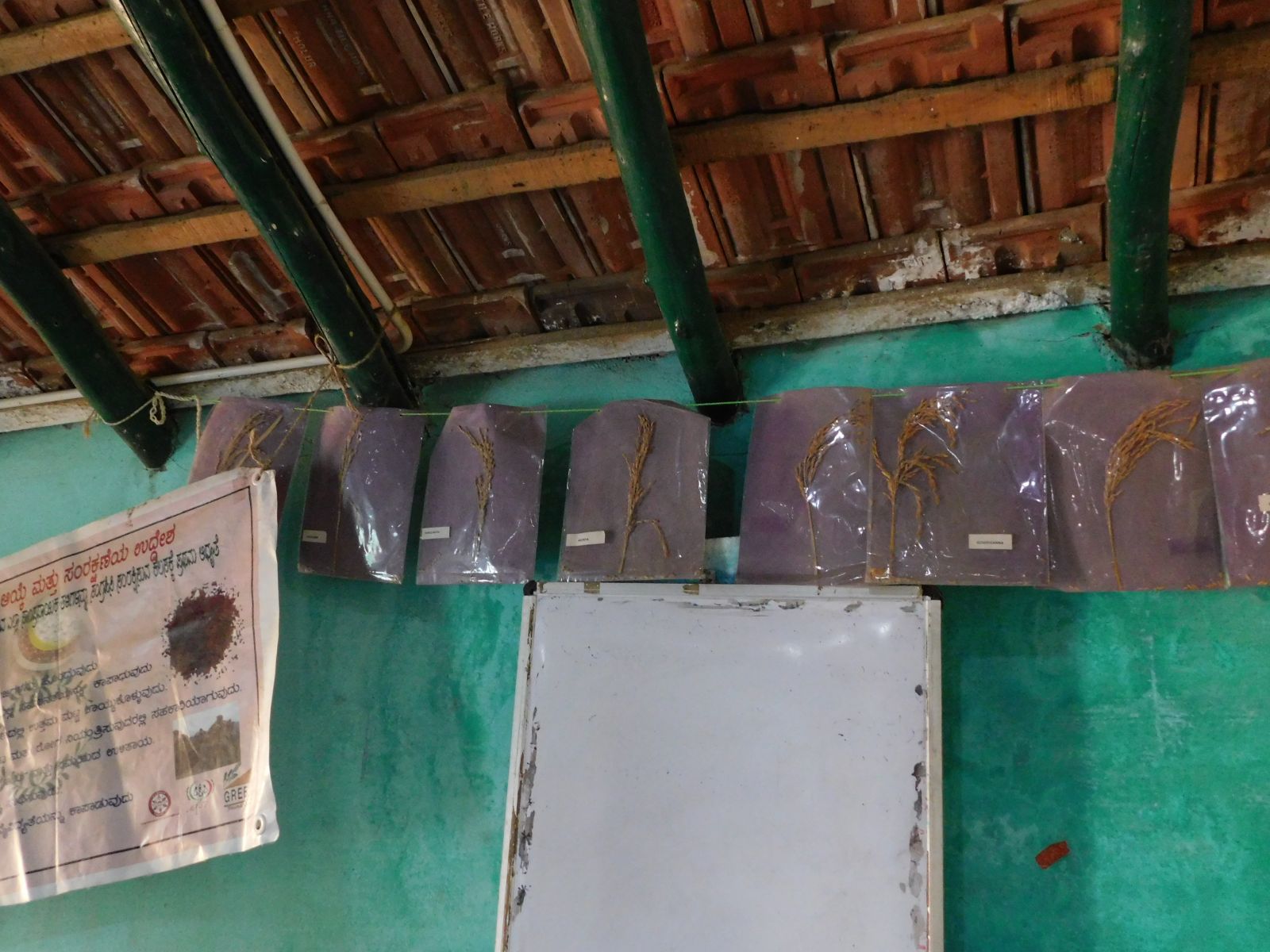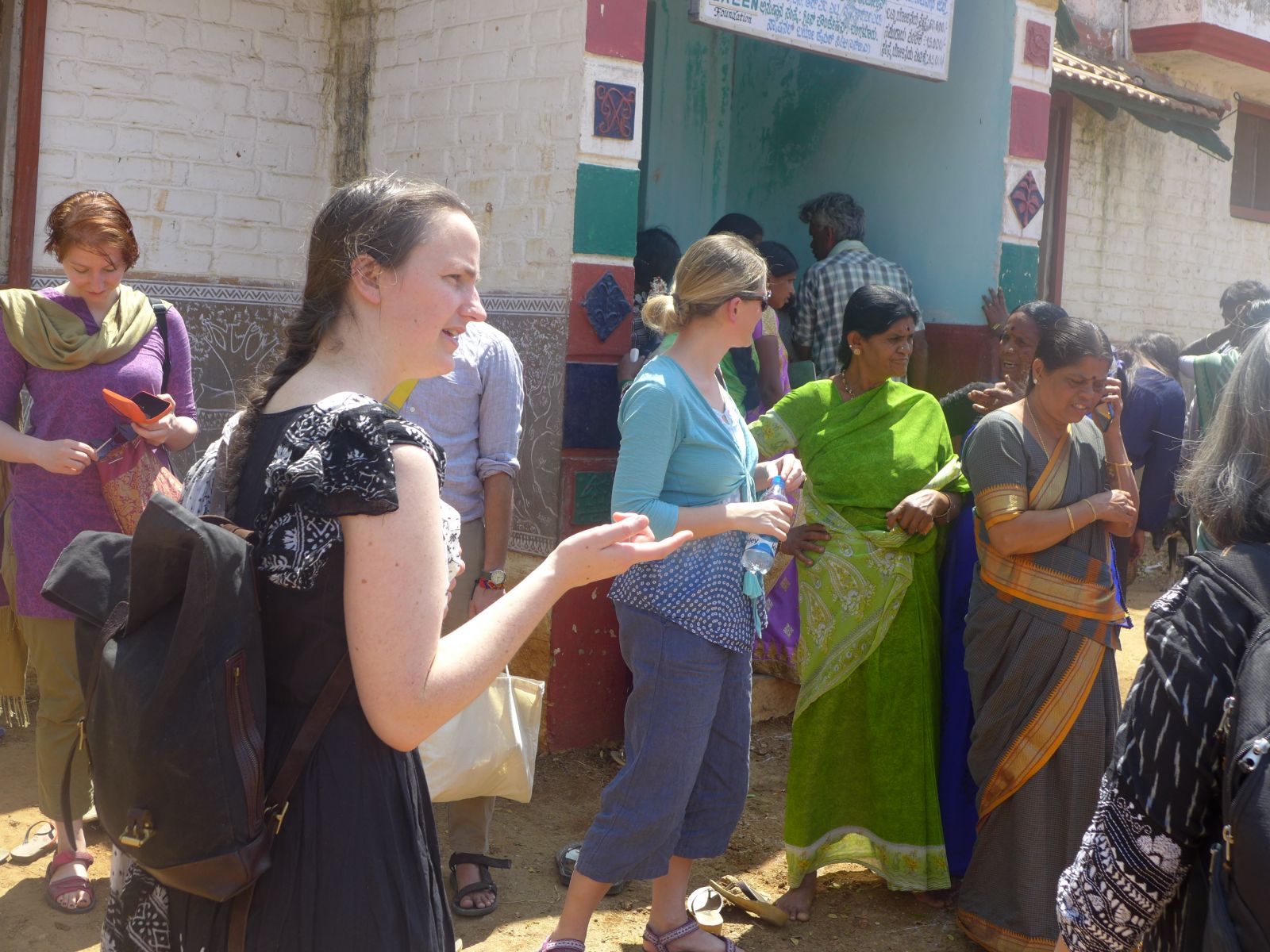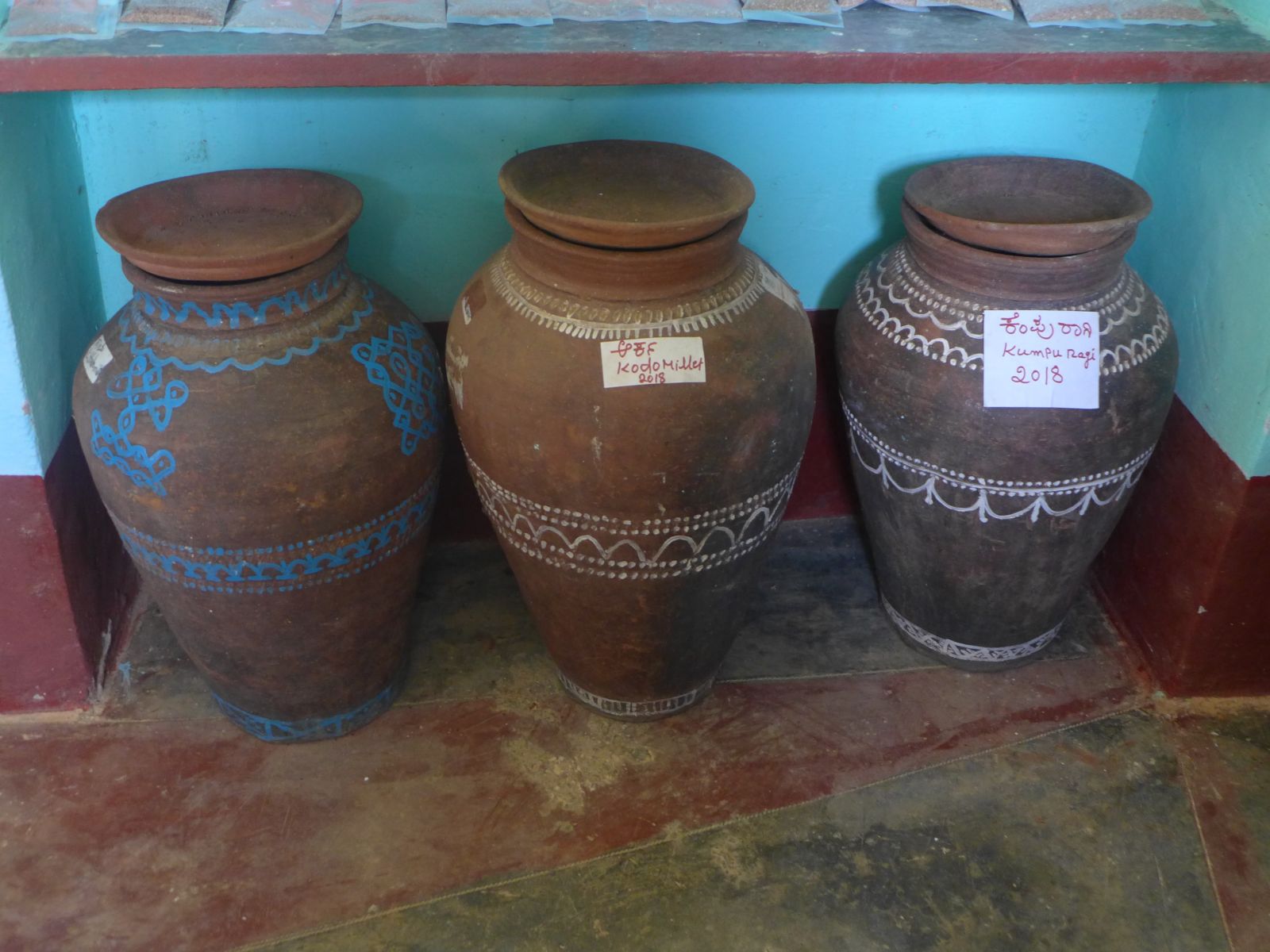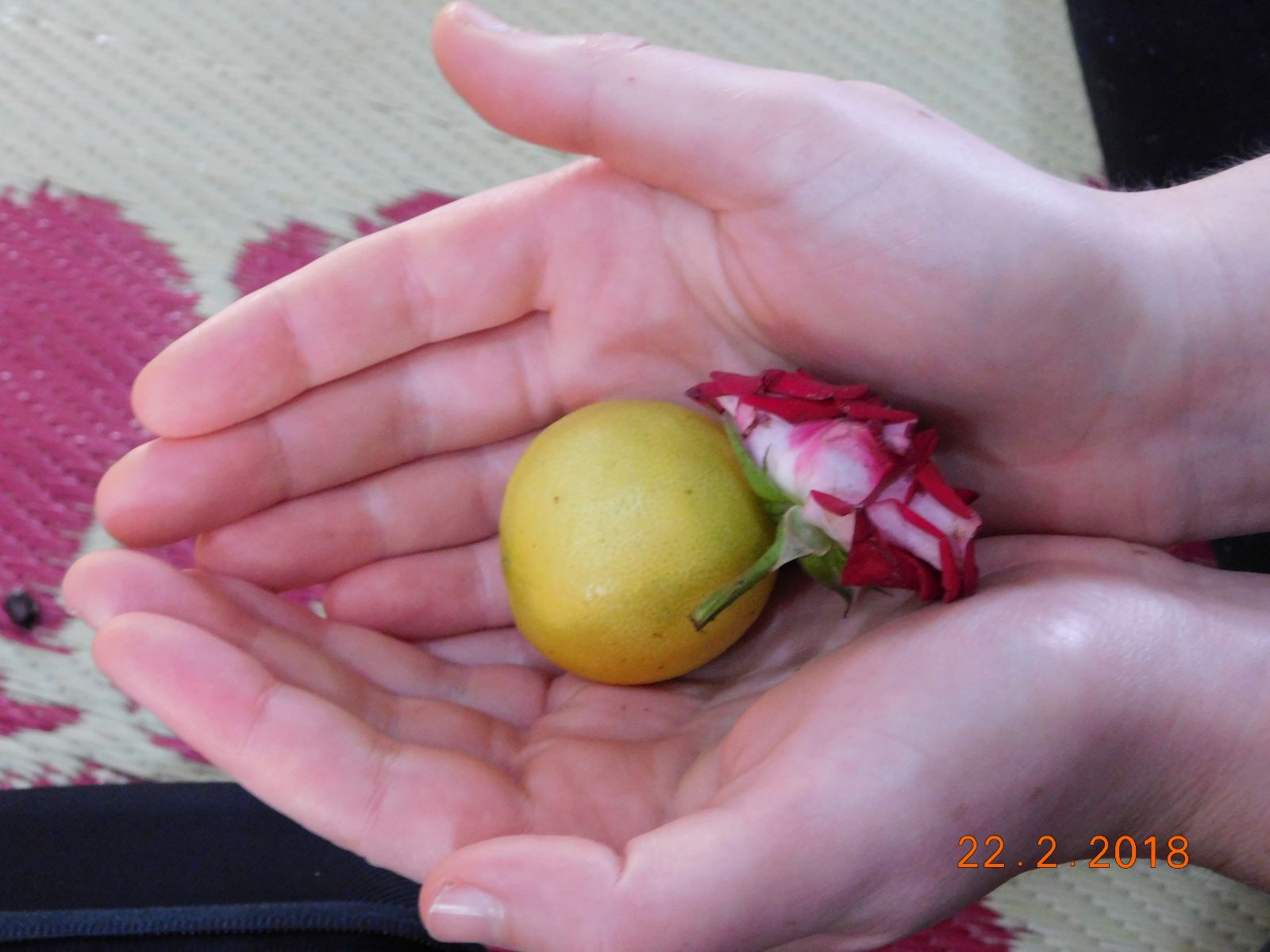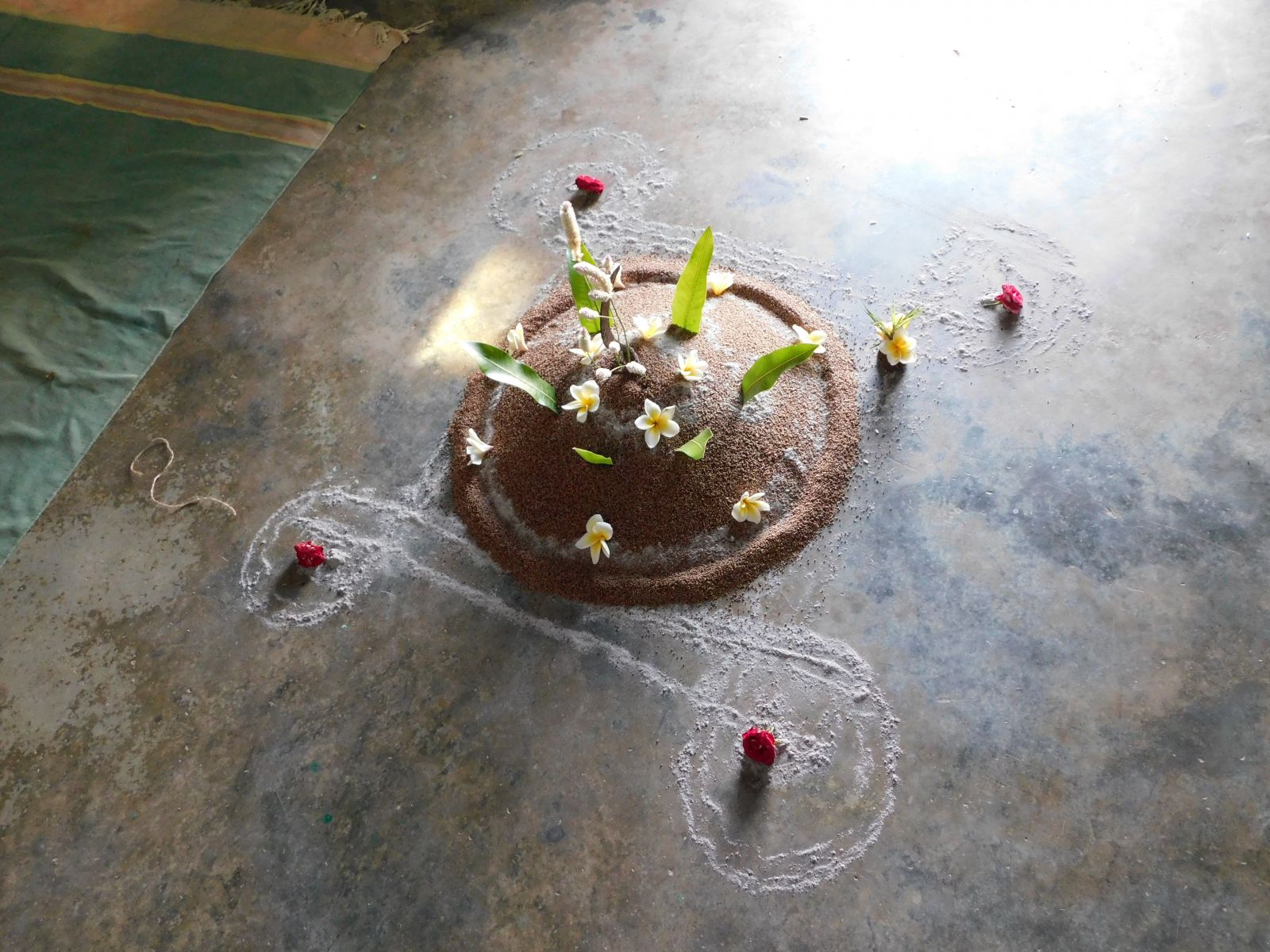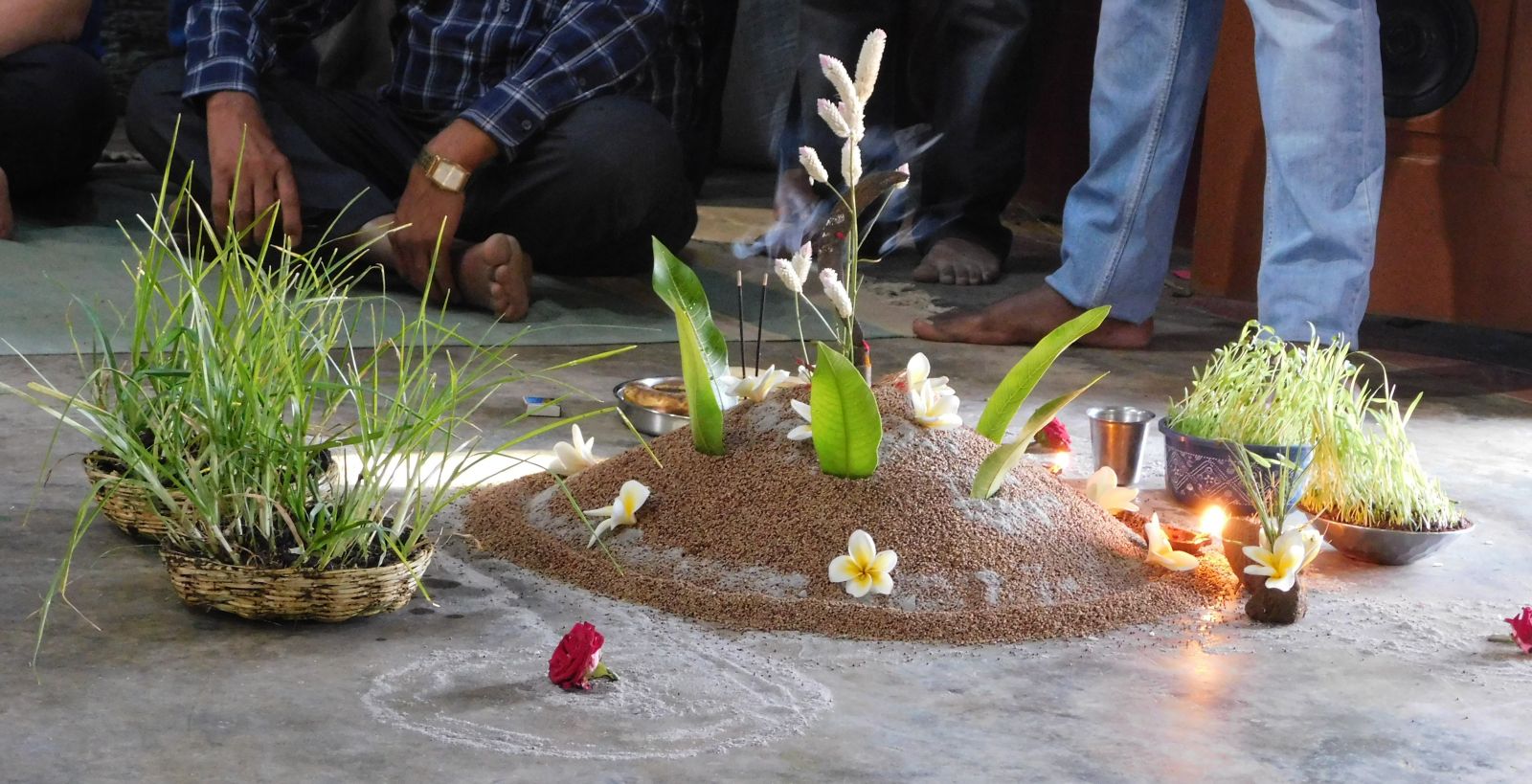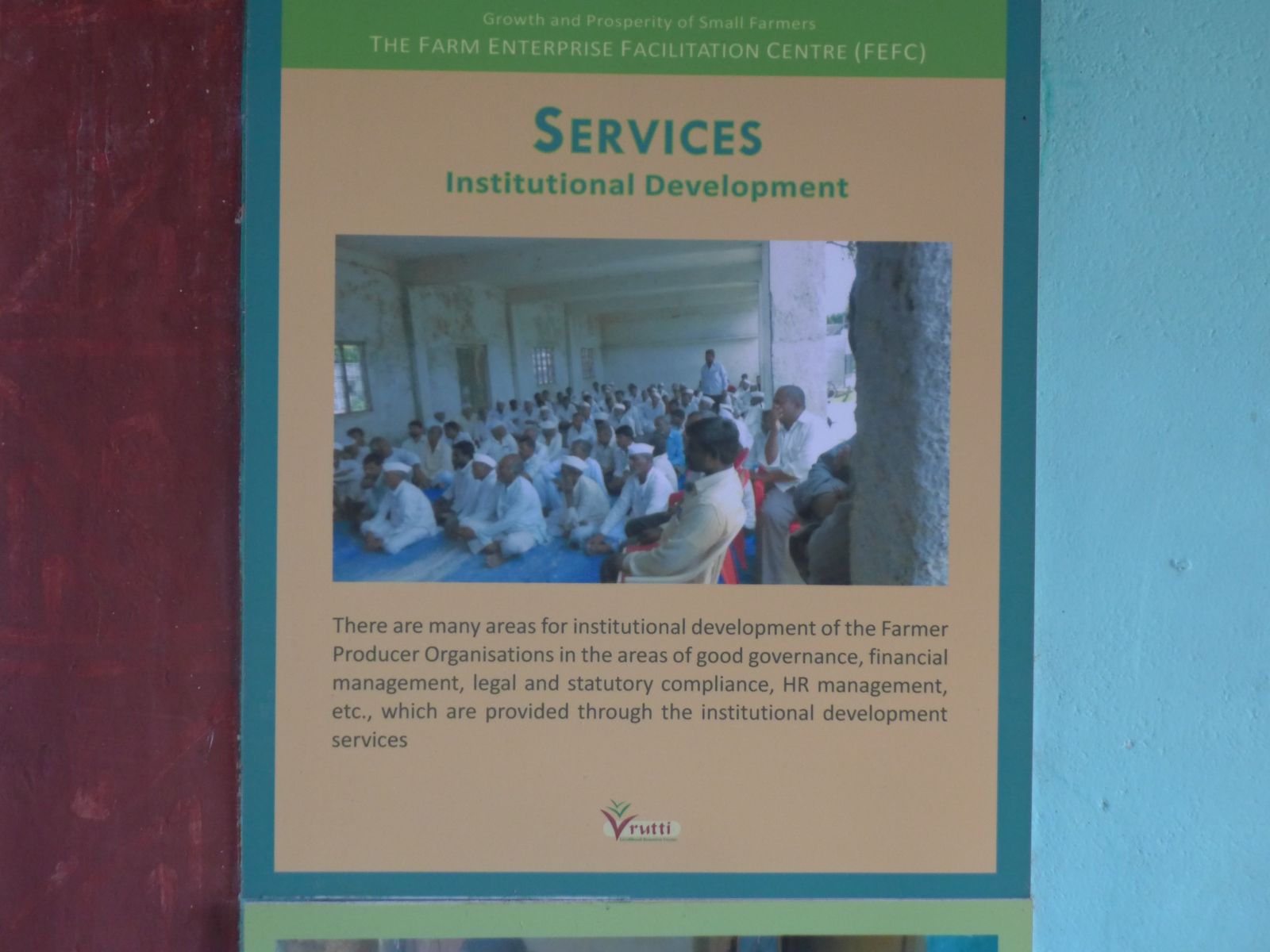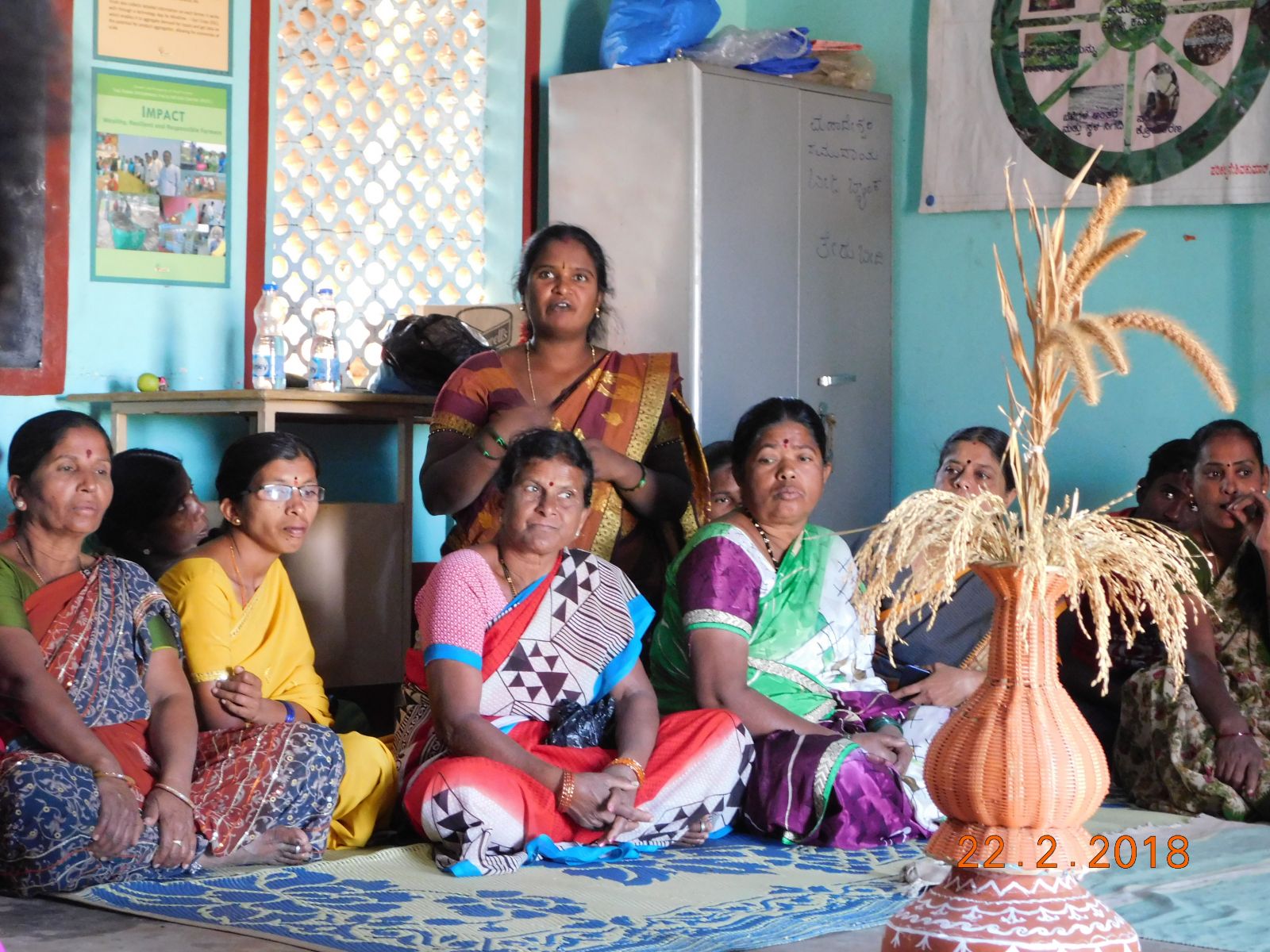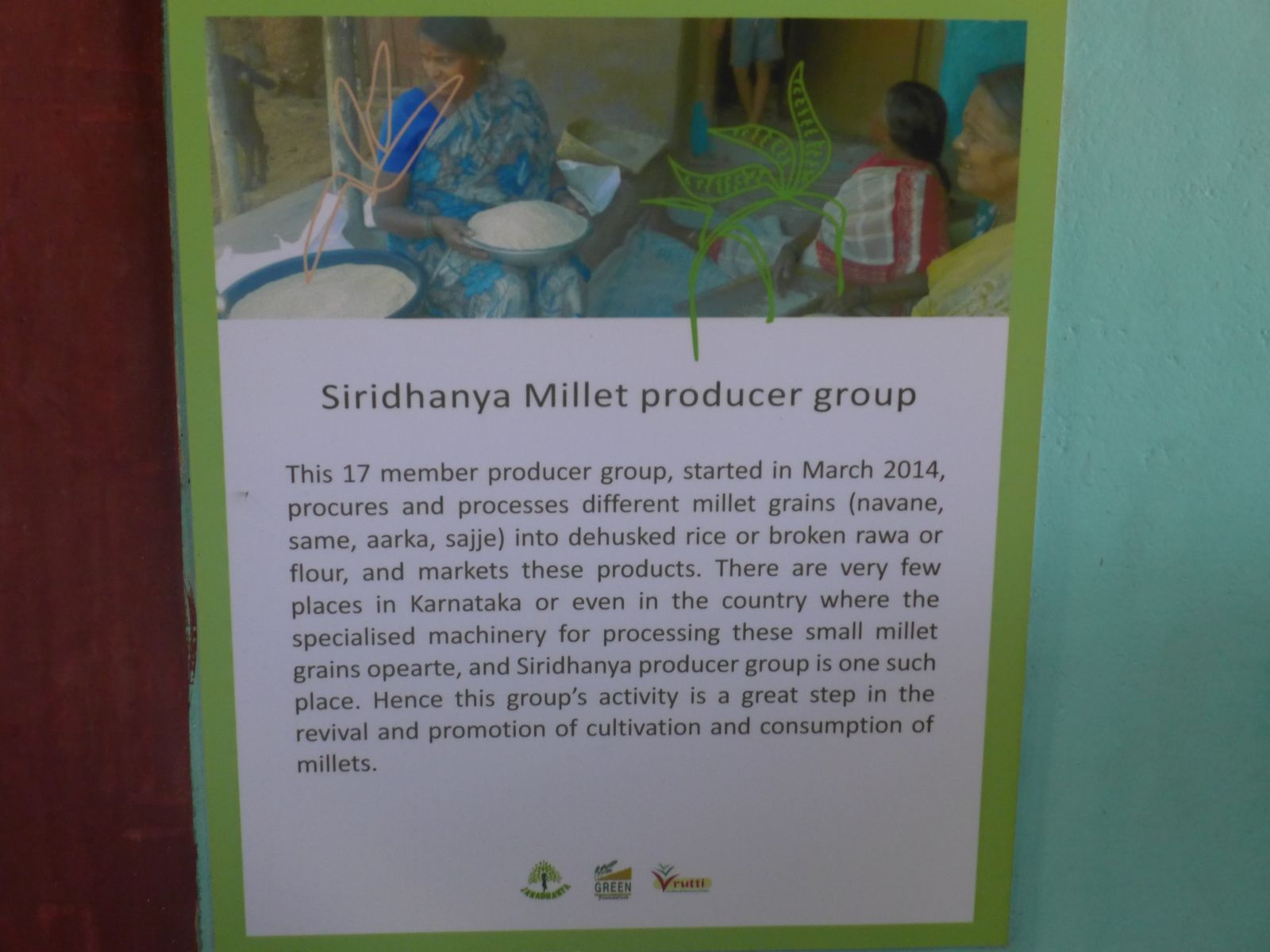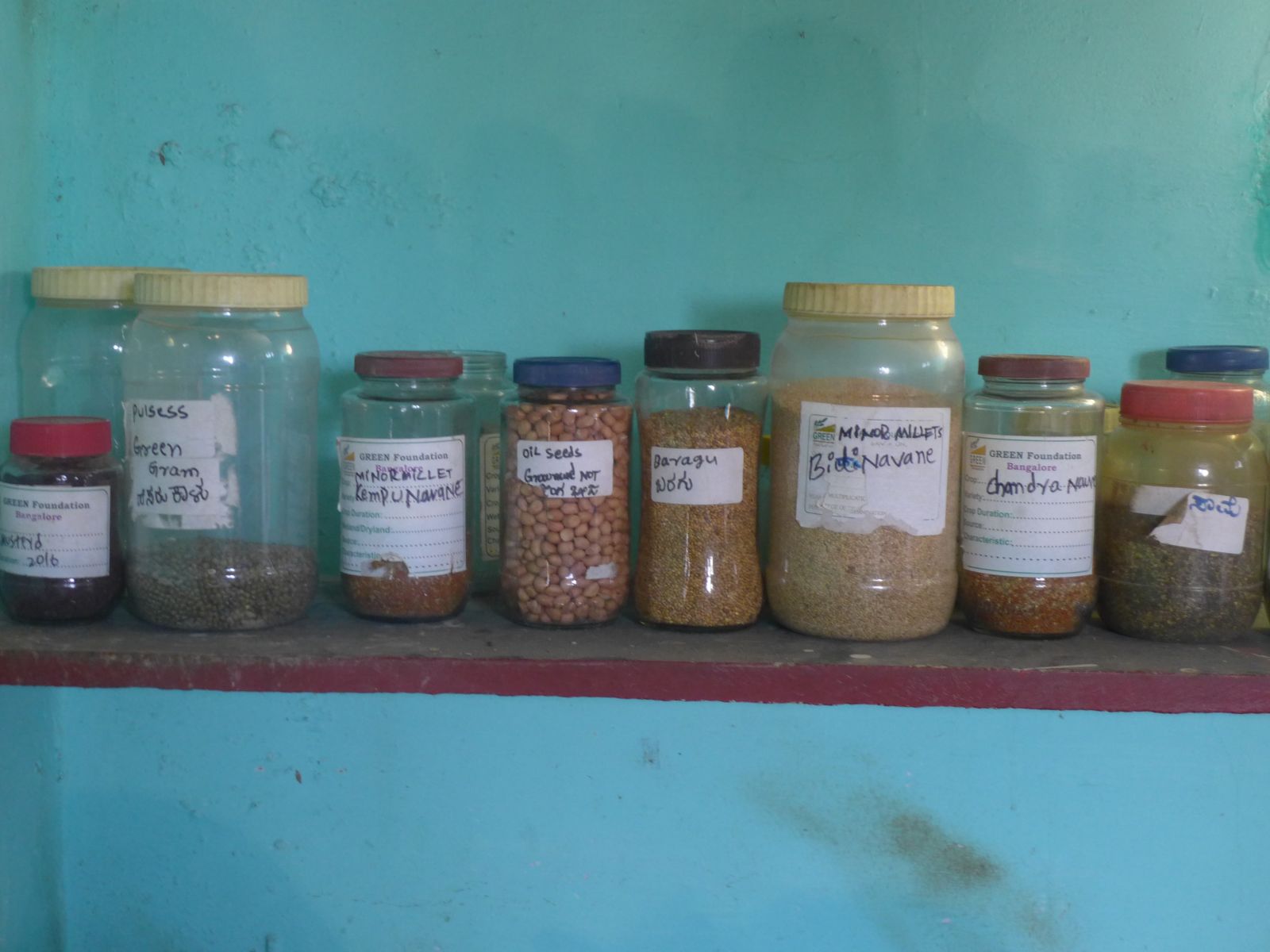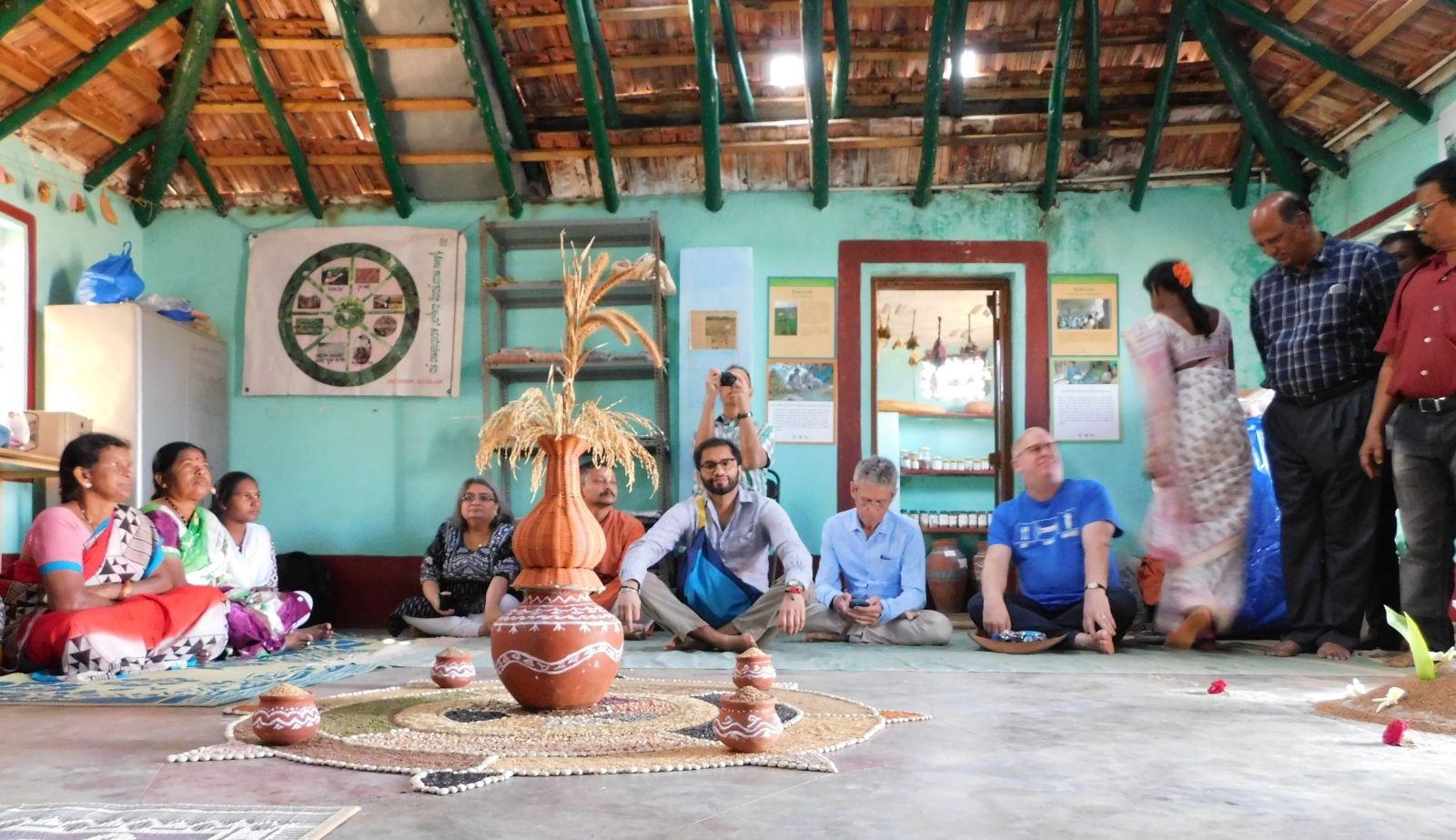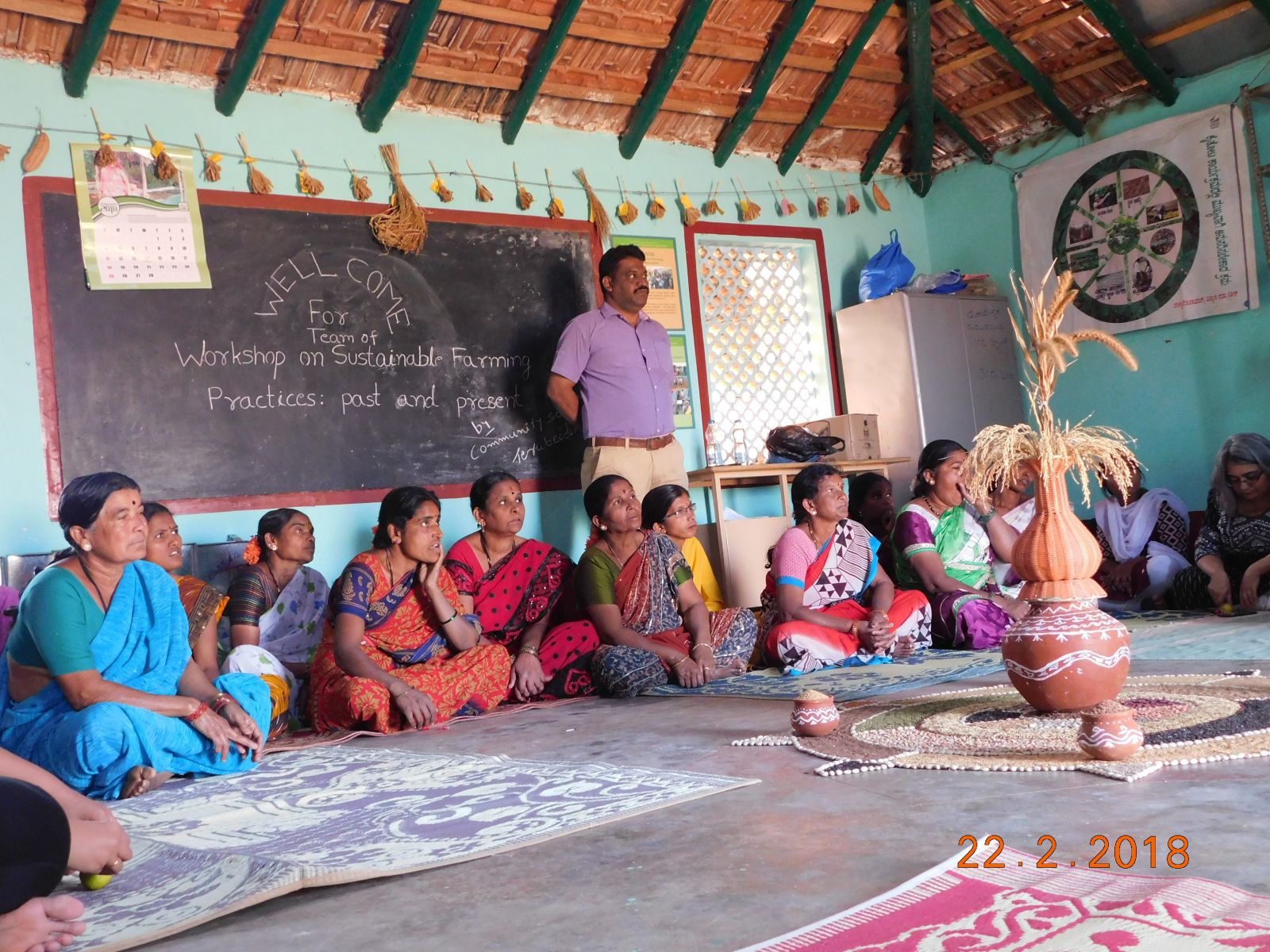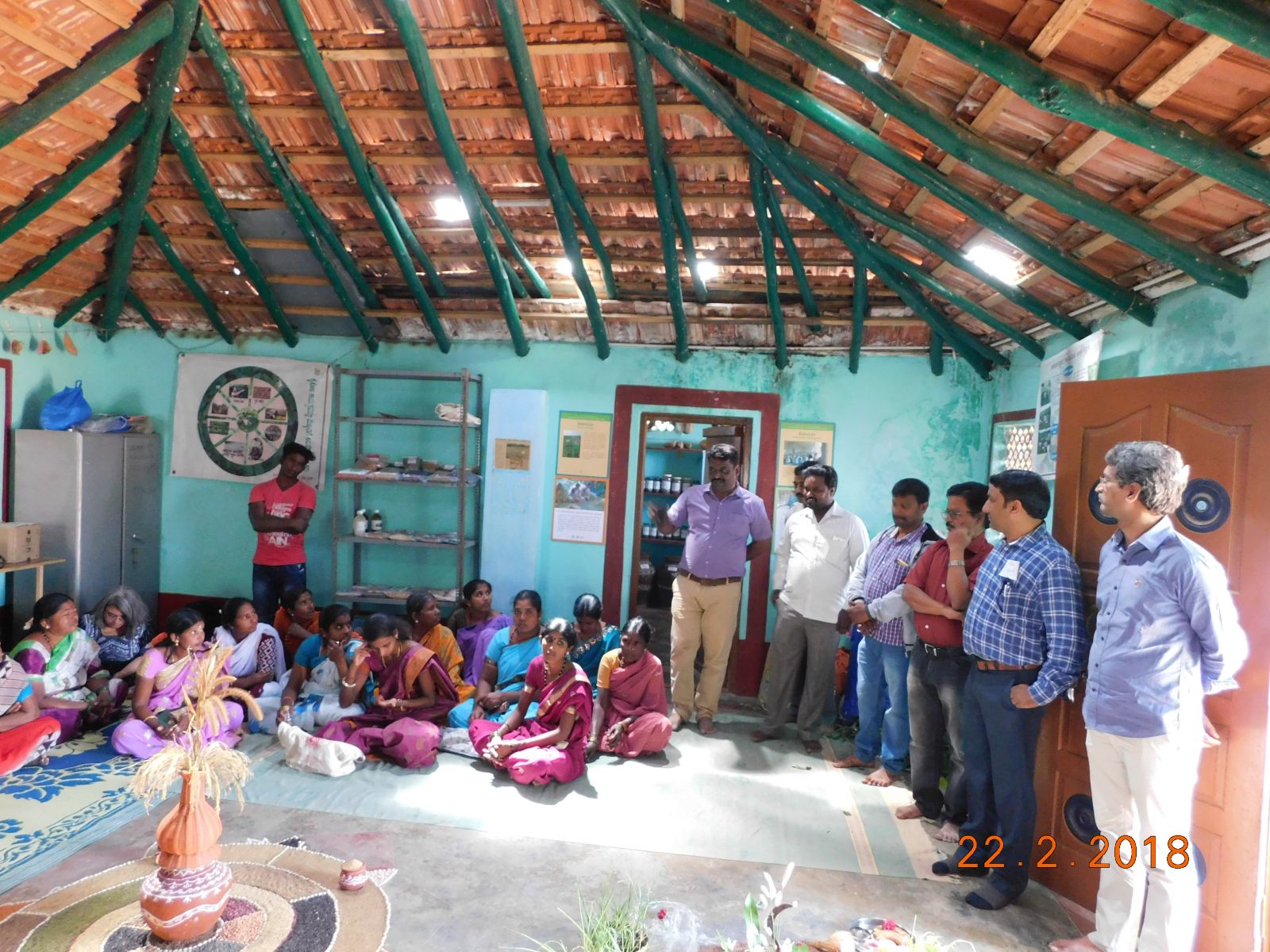First "Changing Farmers’ Lives" Workshop: ‘Sustainable Farming Practices’
On 21-22 February 2018, the “Changing Farmers’ Lives: Past and Present” Research Project, held its first event on ‘Sustainable Farming Practices’ in India and South Asia. The 2-day workshop in Bangalore, co-organised by the Karnataka based NGO Green Foundation and the Open University, brought together academics and practitioners from India and UK.
The academic contributions featured presentations by Sara Jones (Bath Spa University); Tom Wakeford (Coventry University); Jasber Singh (Coventry University); Mike Wilson (Loughborough University); Heid Jerstad (University of Edinburgh); Sandip Hazareesingh (Open University) and Tsveti Bandakova (University of Edinburgh). A variety of exciting presentations explored the potential of Arts and Humanities approaches, in particular aspects of oral history, film, sound, and participatory research to document and support small farmer creativity in developing resilience to livelihood challenges in relation to food, biodiversity, and climate issues.
A prominent group of development practitioners such as Vanaja Ramprasad (Founder, Green Foundation), Sanjay Patil (BAIF MITTRA, Maharashtra), David Hogg (Naandi Foundation, Telengana), Bablu Ganguli (Timbaktu Collective, Andhra Pradesh) and Pramel Gupta (Vrutti, Karnataka) shared their experience in developing innovatory programmes aimed at community participation in conservation of agricultural biodiversity, creation of community-level seed banks and social entrepreneurship.
A particularly interesting feature of the Workshop was a visit to the Janadhanya Women’s Federation in Terubeedi village, Kanakpura Taluk. At the Community Seed Bank in the village, the workshop participants met with local women, part of the Siridhanya Millet Producer Group who presented their work on seed conservation and revival and displayed the added- value products produced by the group. These included a variety of millet papadoms, flour, sweet and savoury snacks and several cooking oils such as groundnut, sesame and castor.
This meeting with women producers reflects the project’s aim of setting up a far-reaching network of academics, development practitioners, and smallholding farming communities in south India. The next stage of the research will be a 6-week Oral History pilot project with women farmers belonging to a cluster of villages in Kanakapura Taluk, Karnataka. The project will produce audio recordings and short video documentaries of women farmers discussing their life-experiences and cultural memories.
Workshop
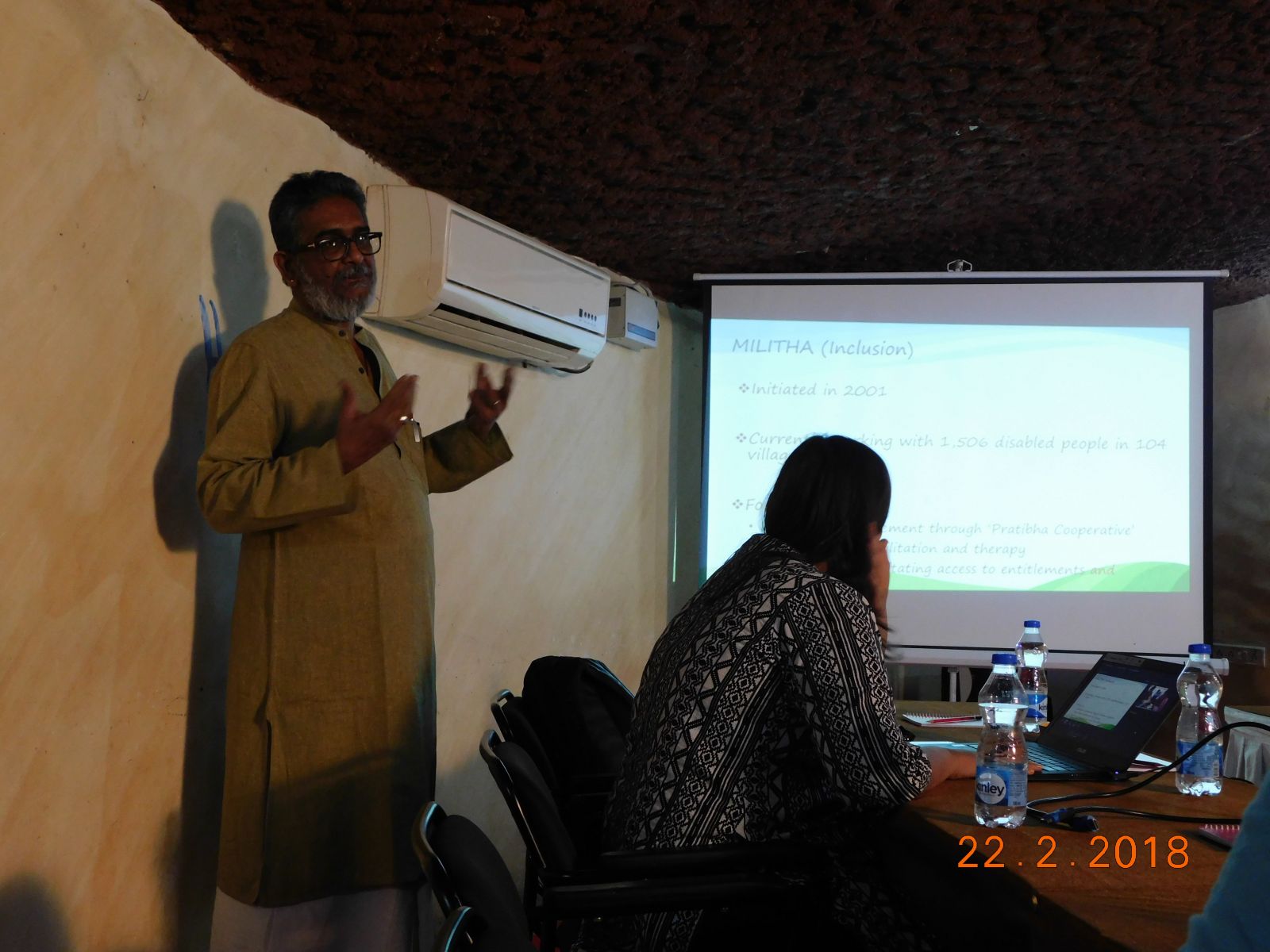
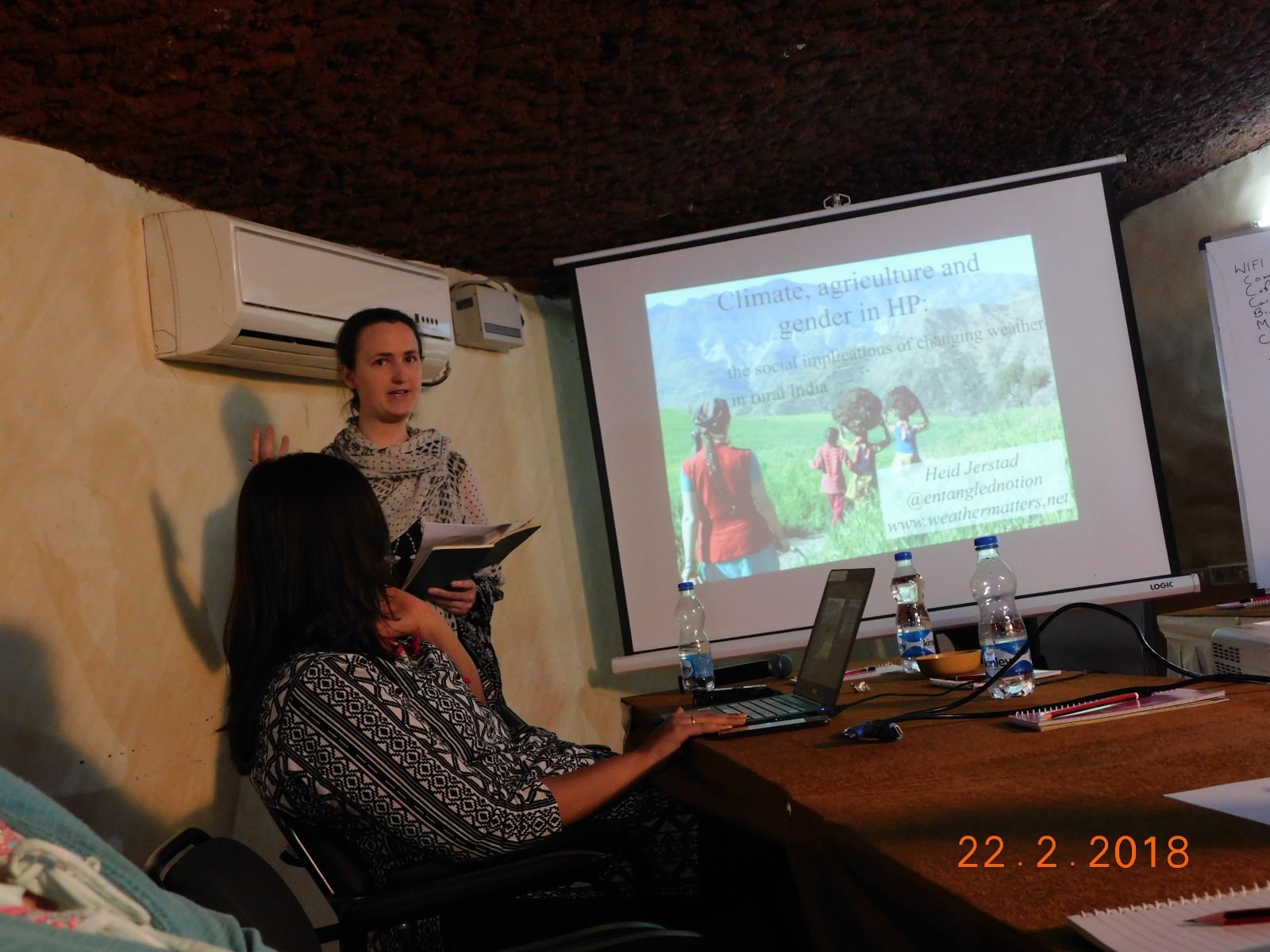
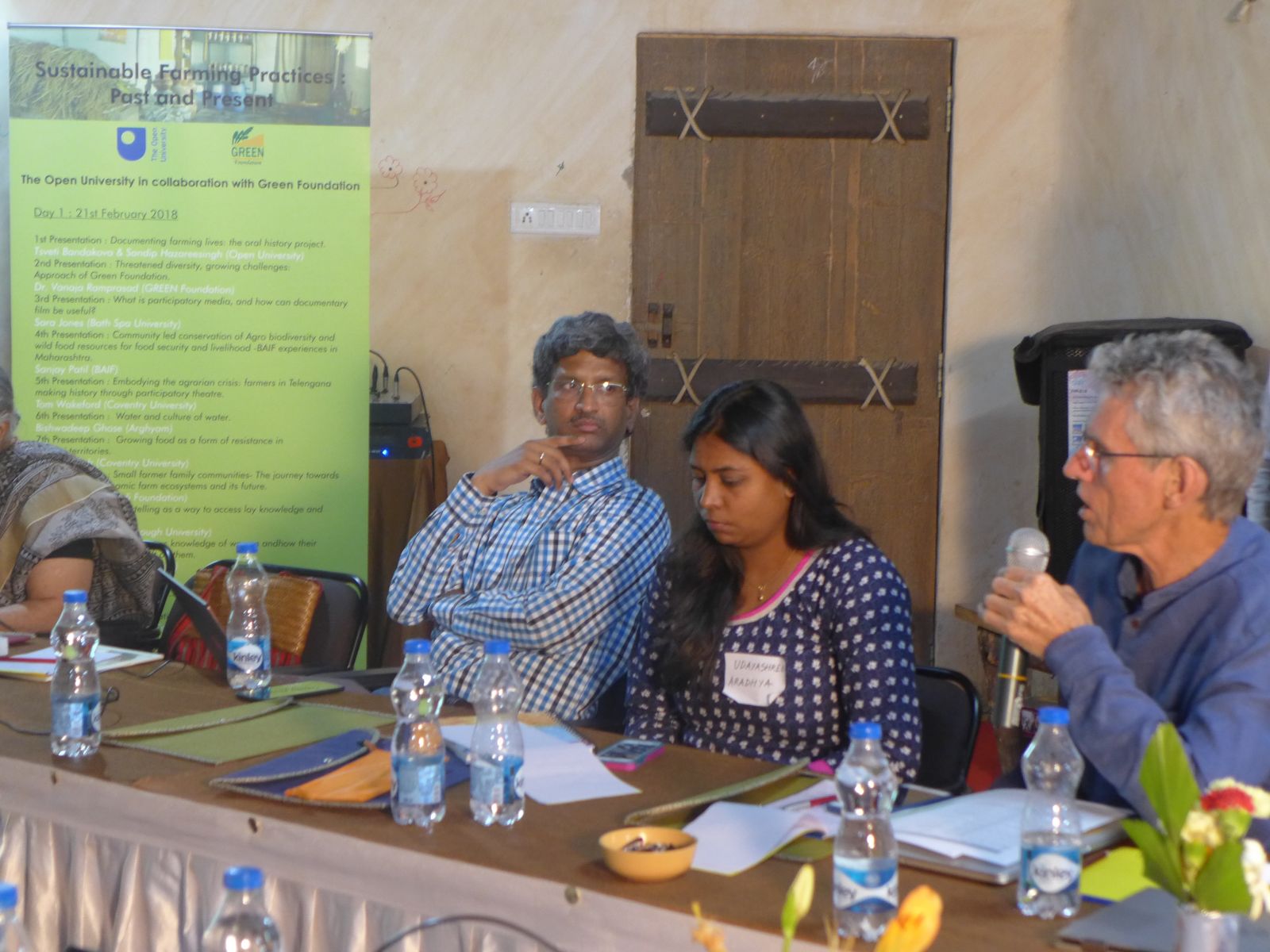
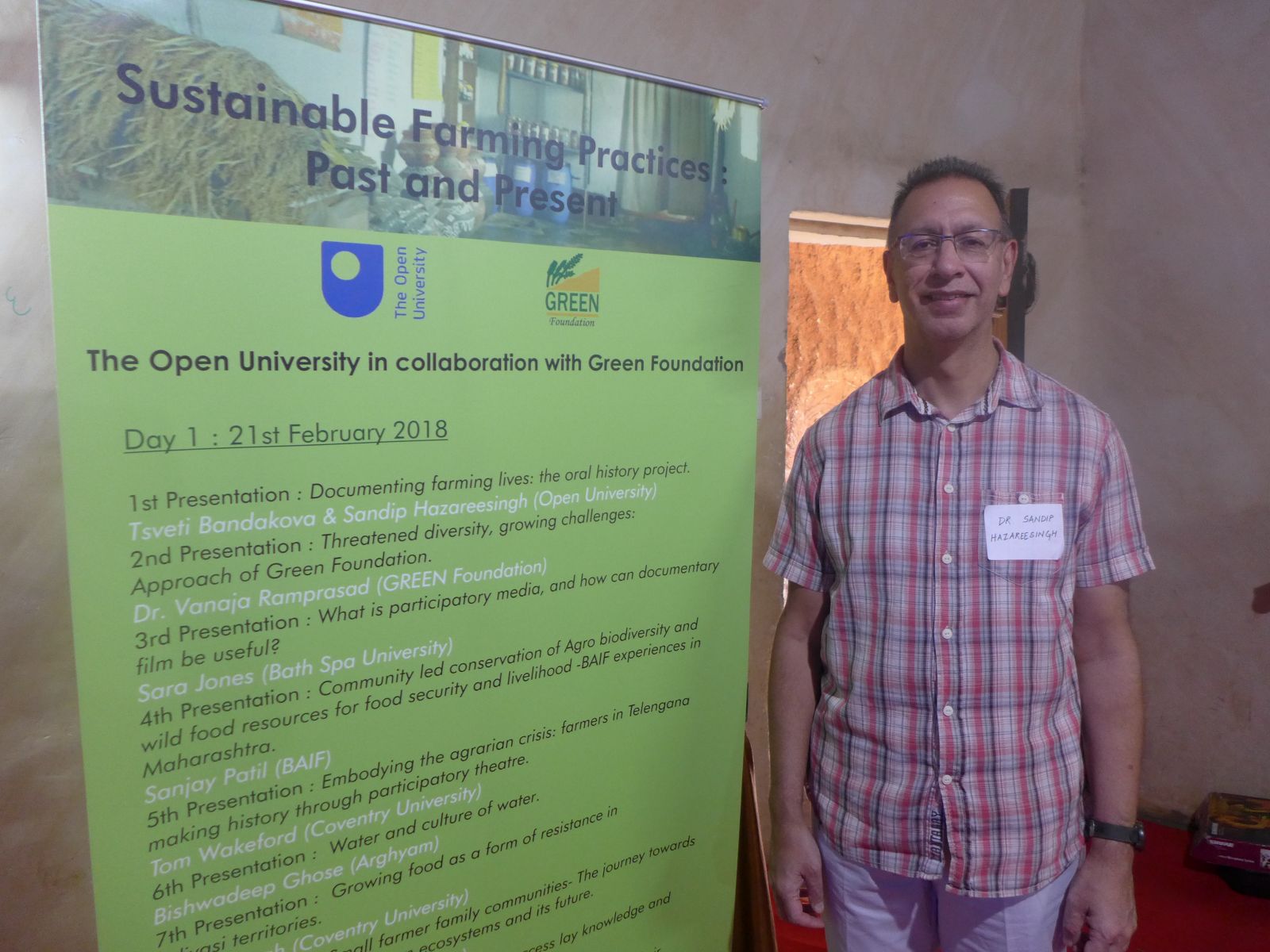
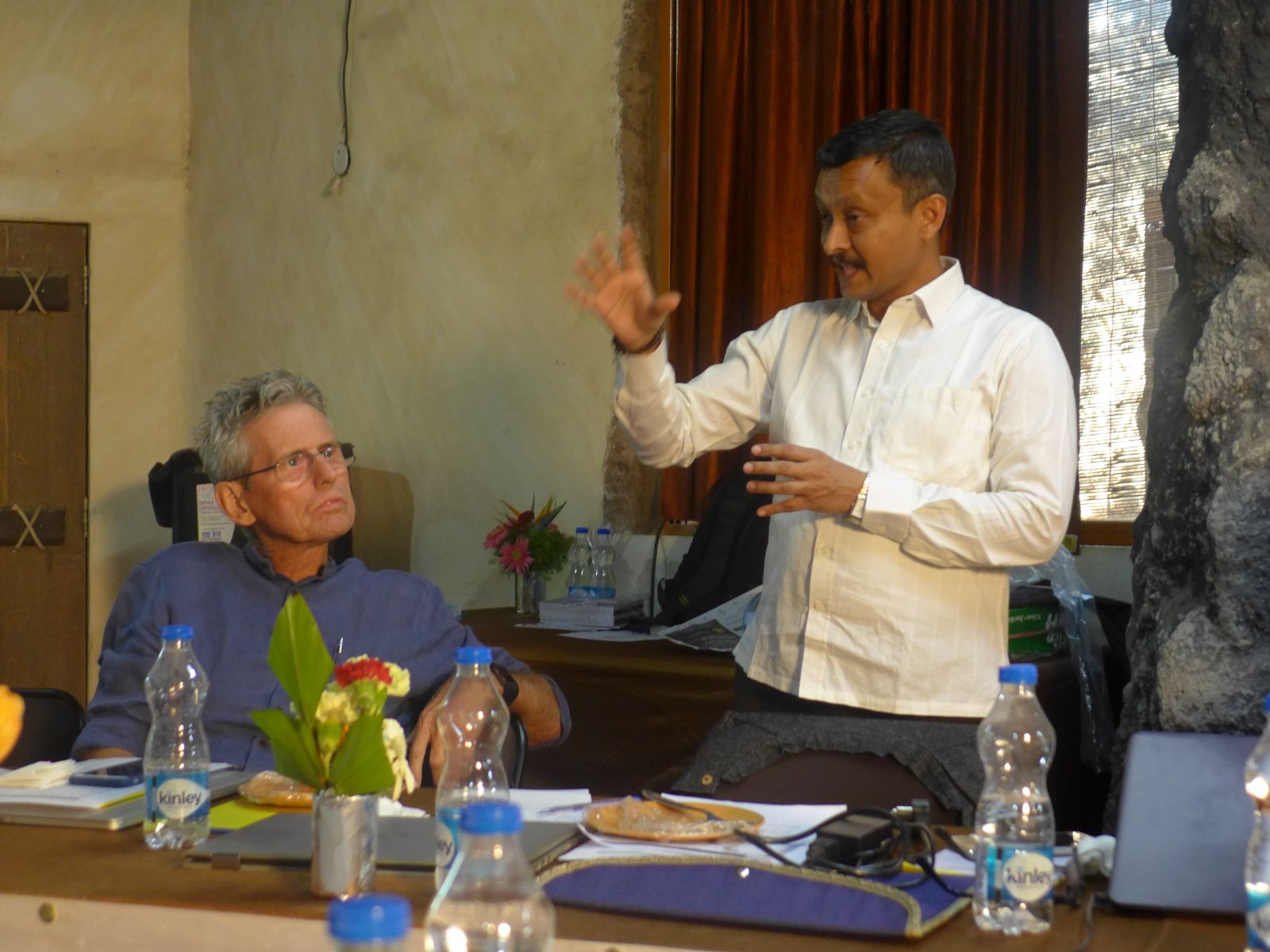
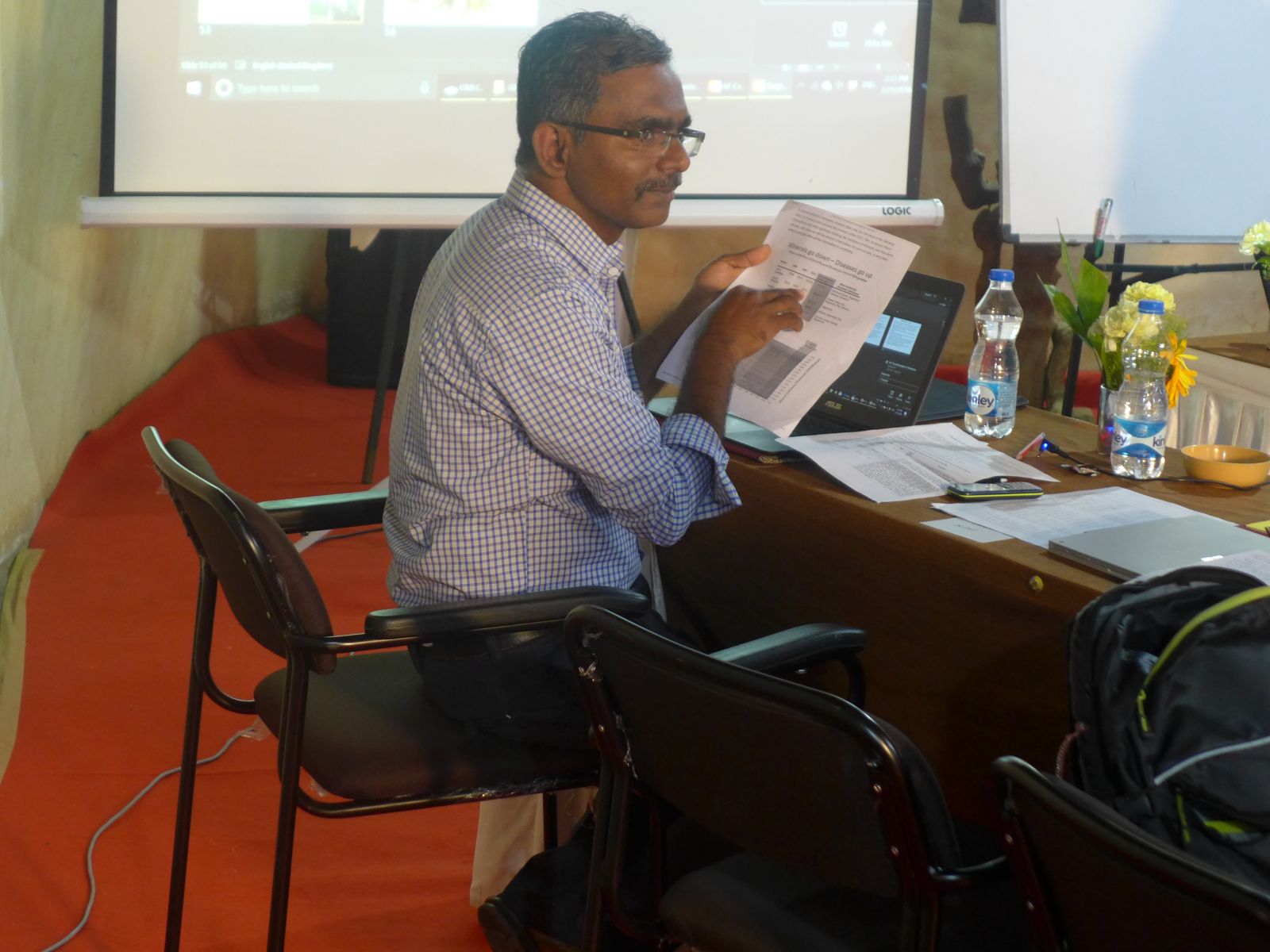
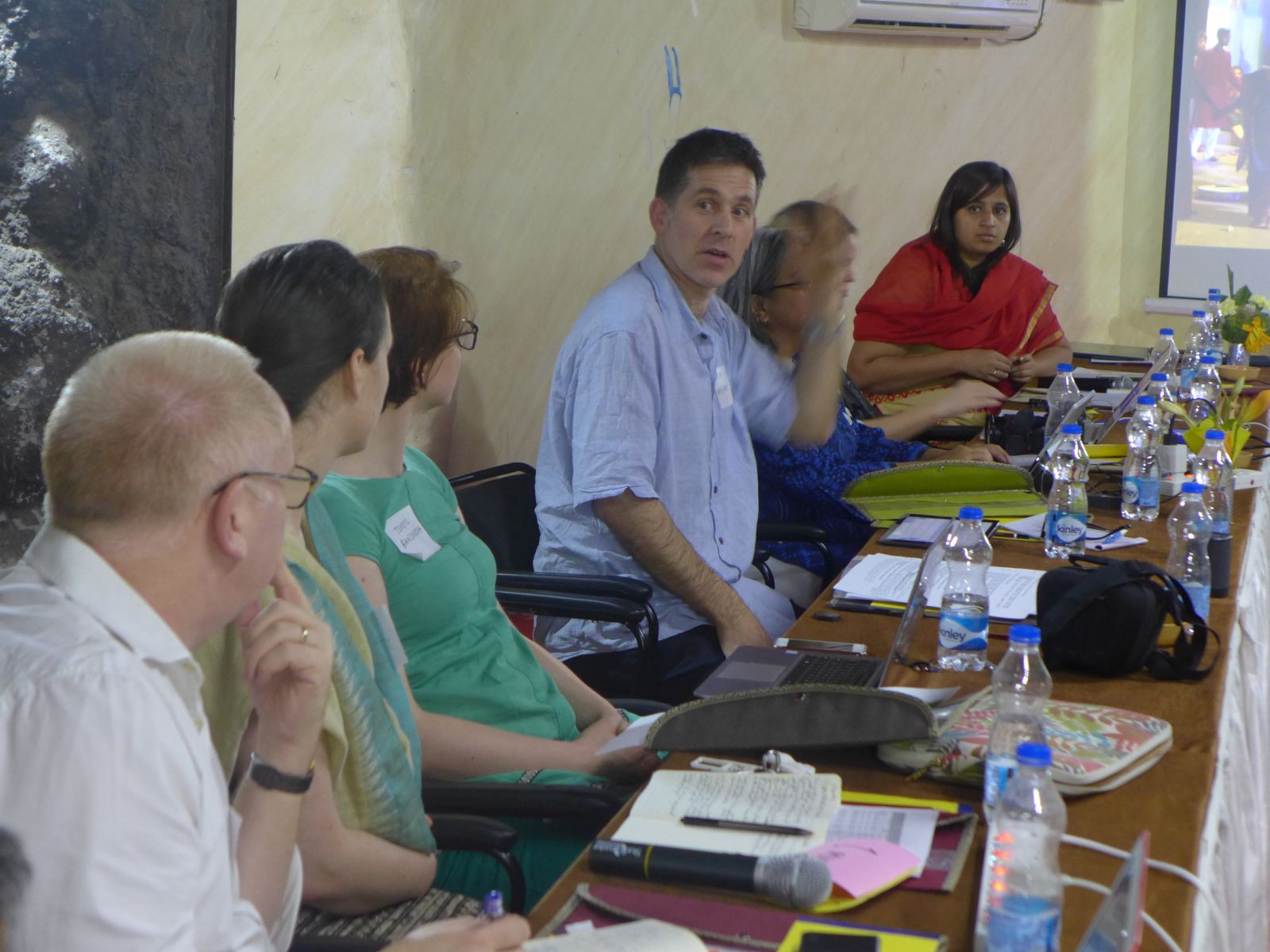
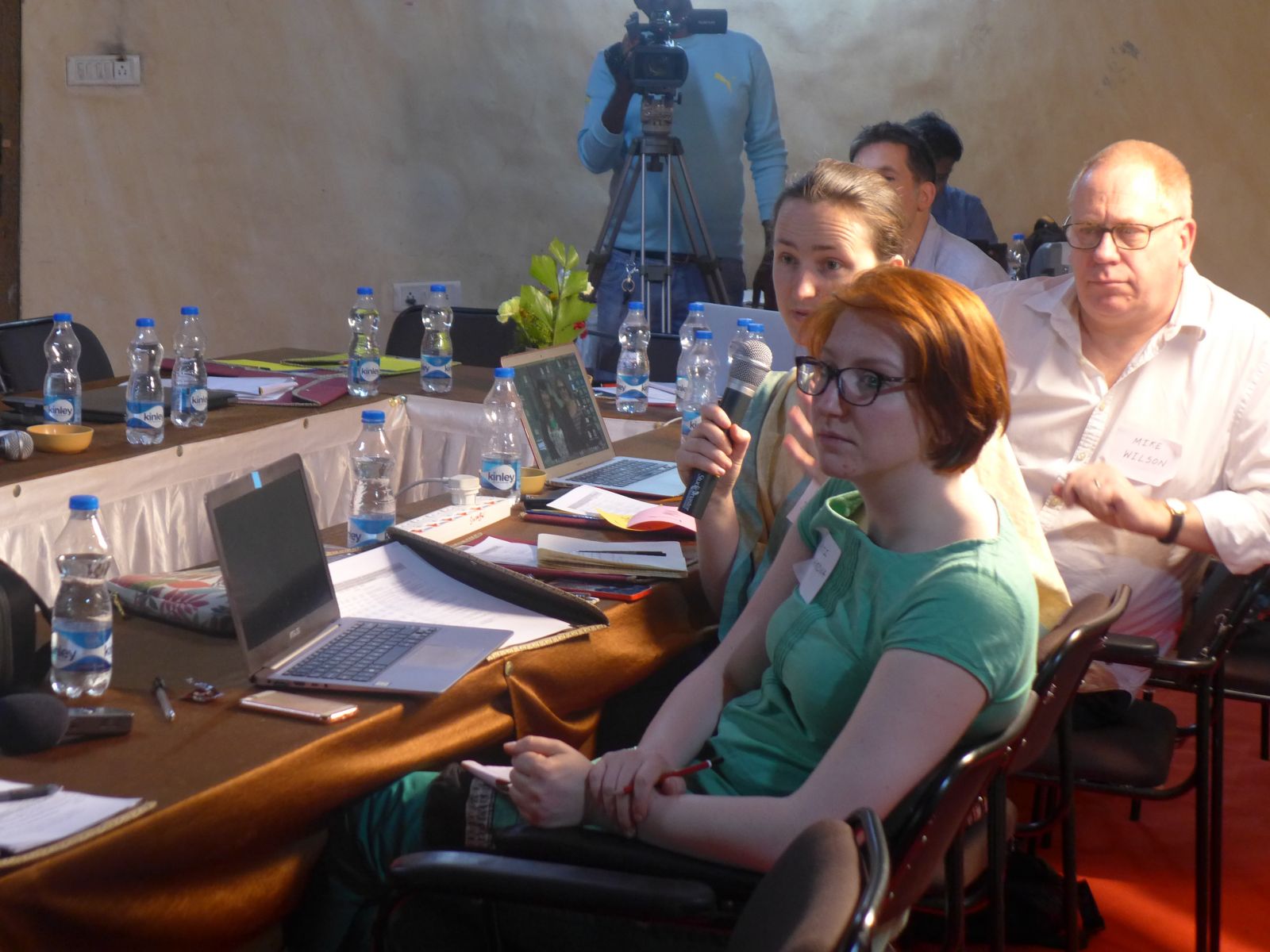
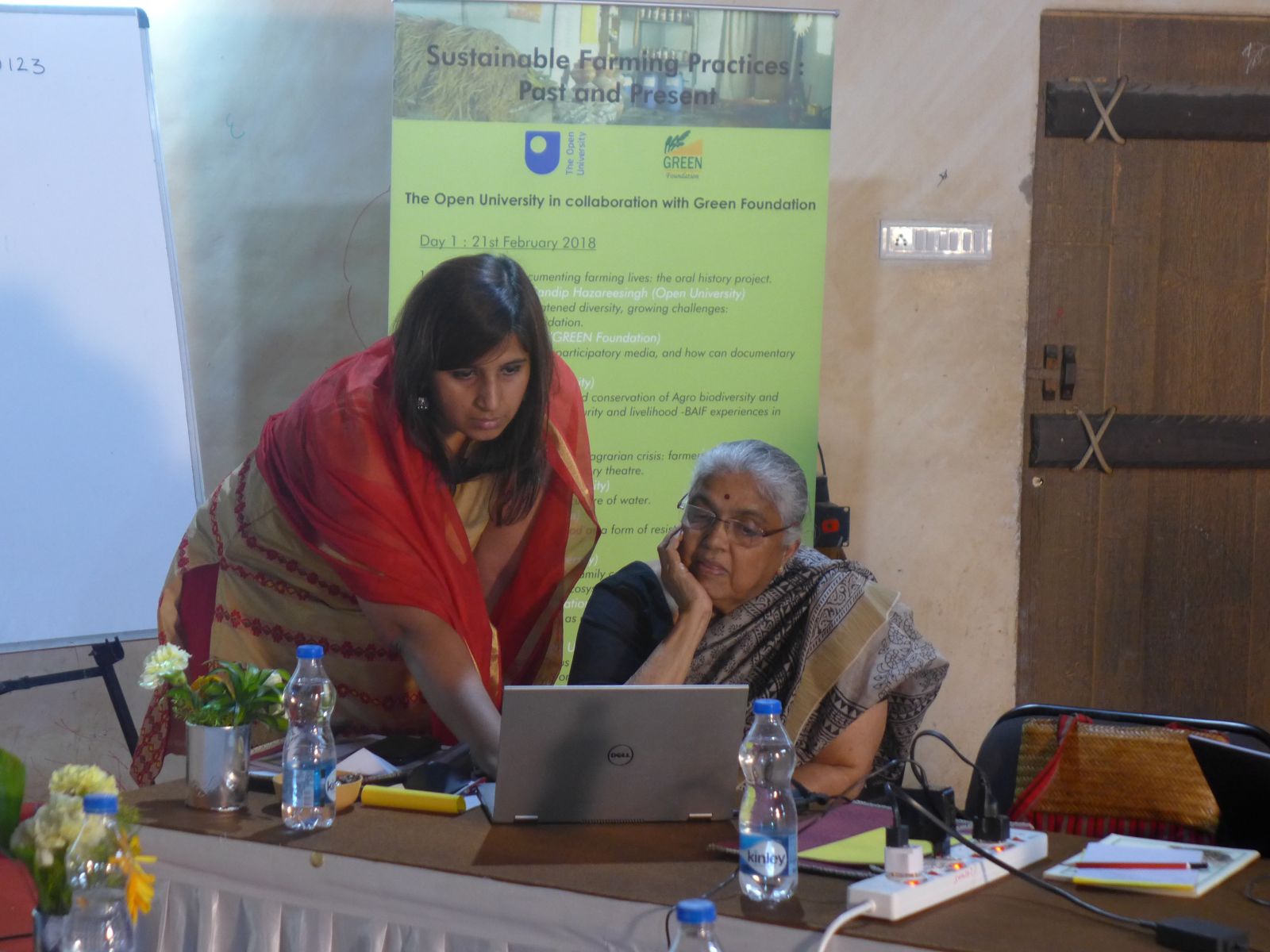
Village Visit
